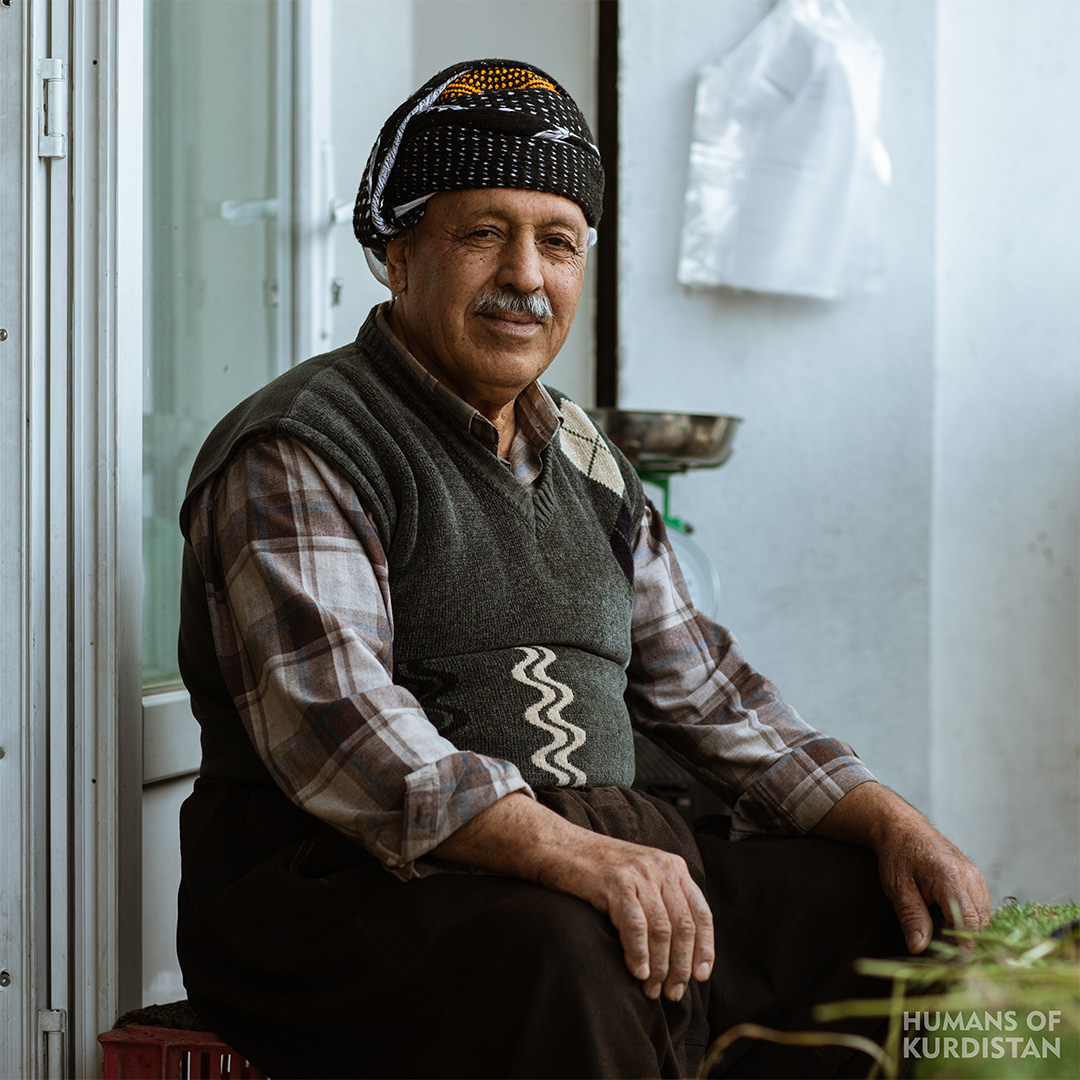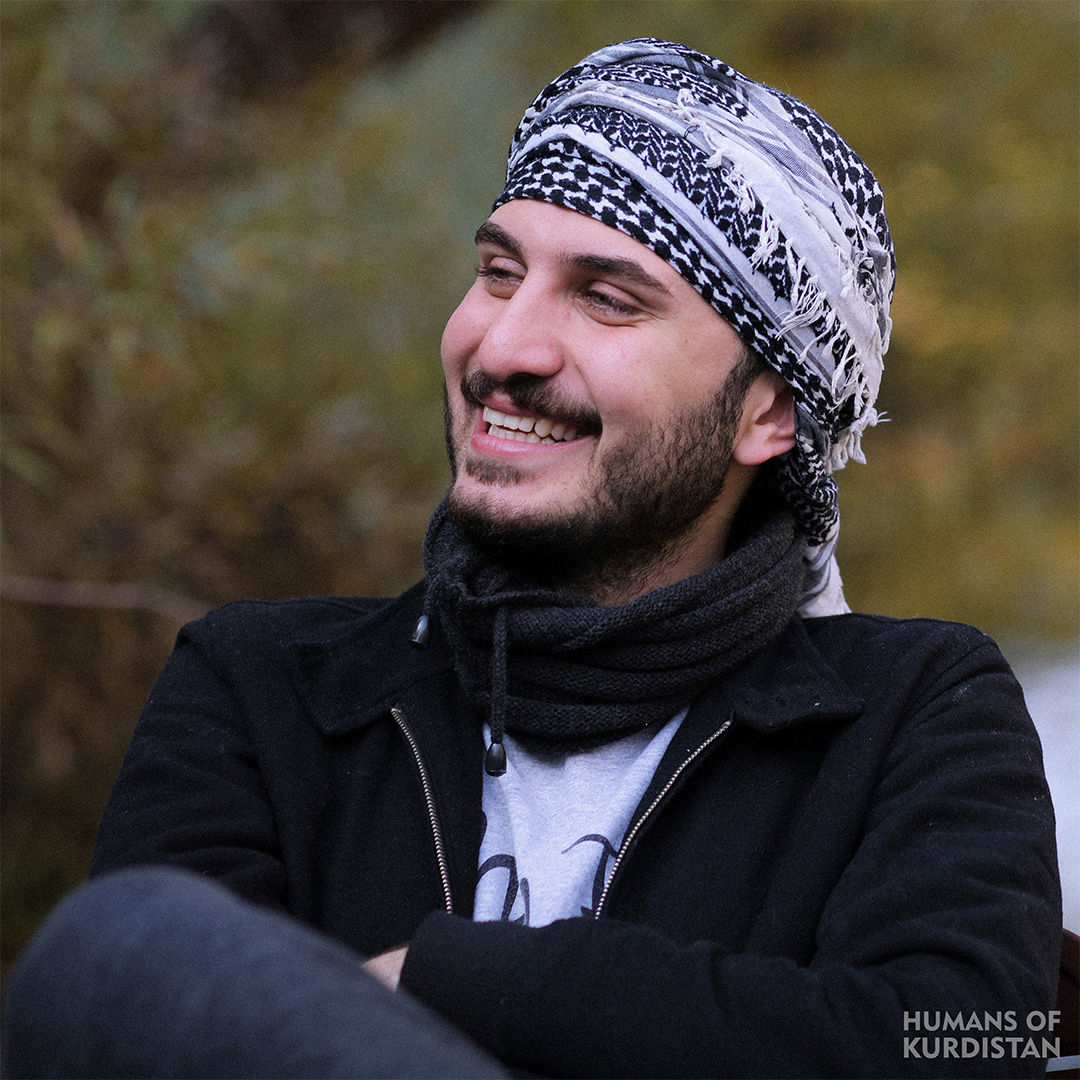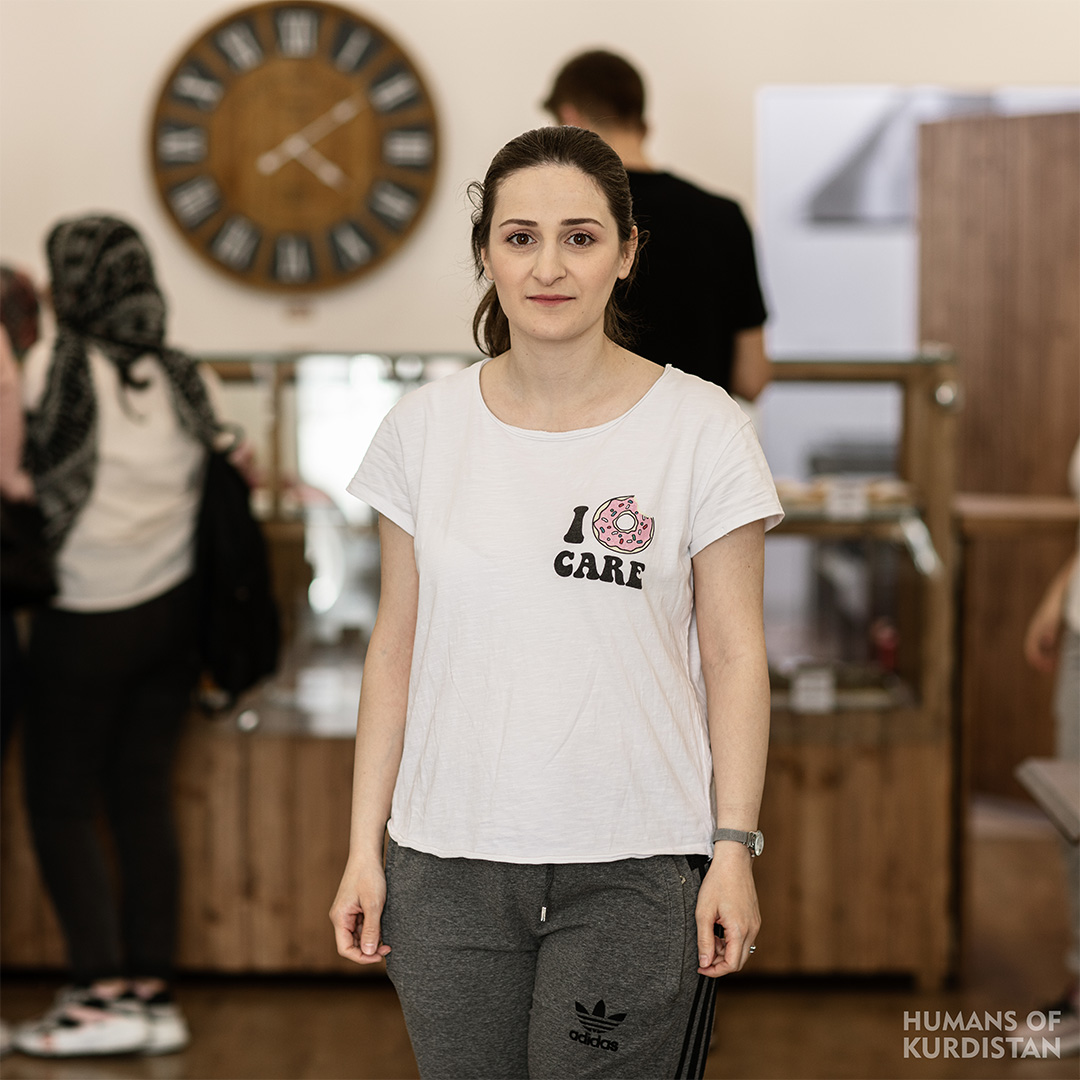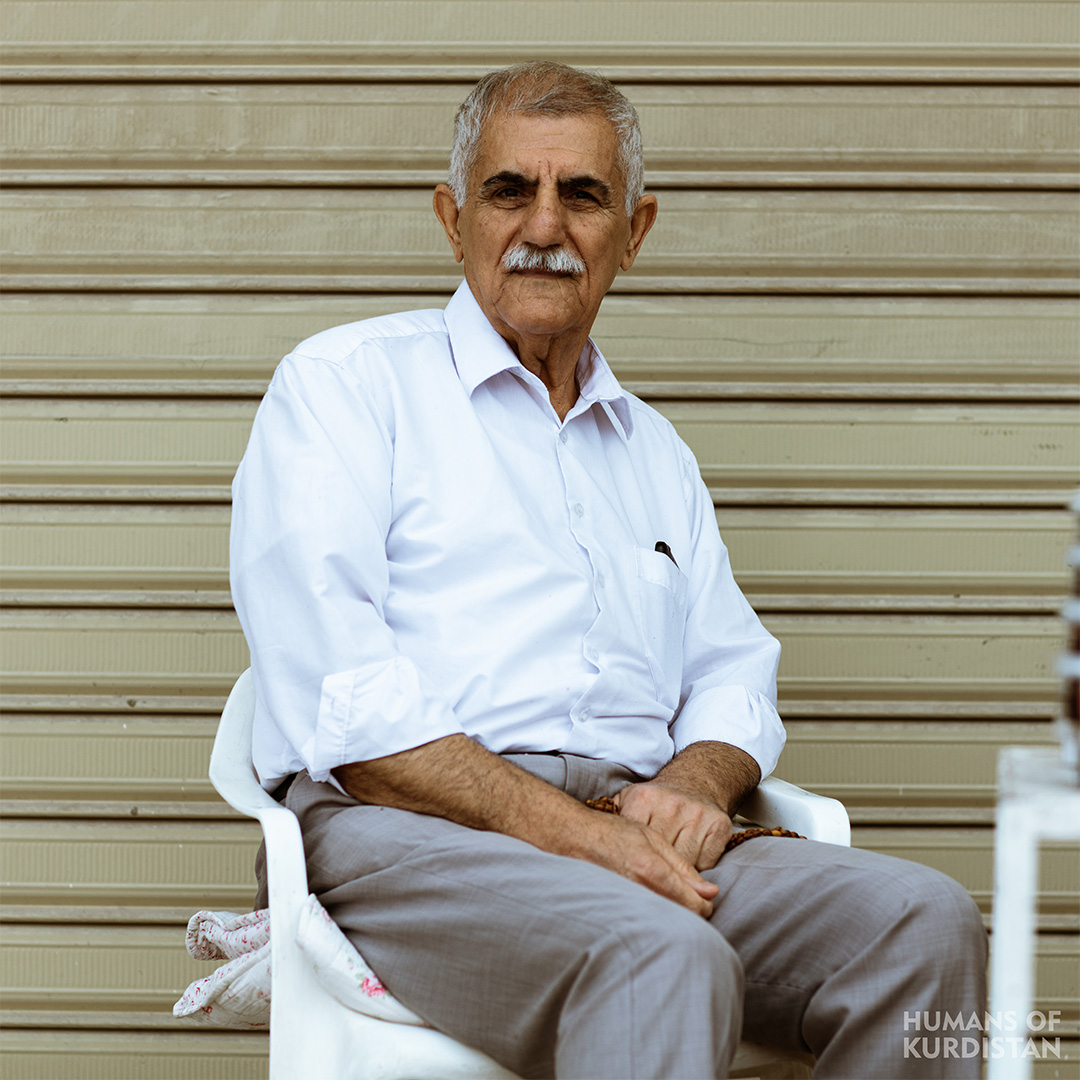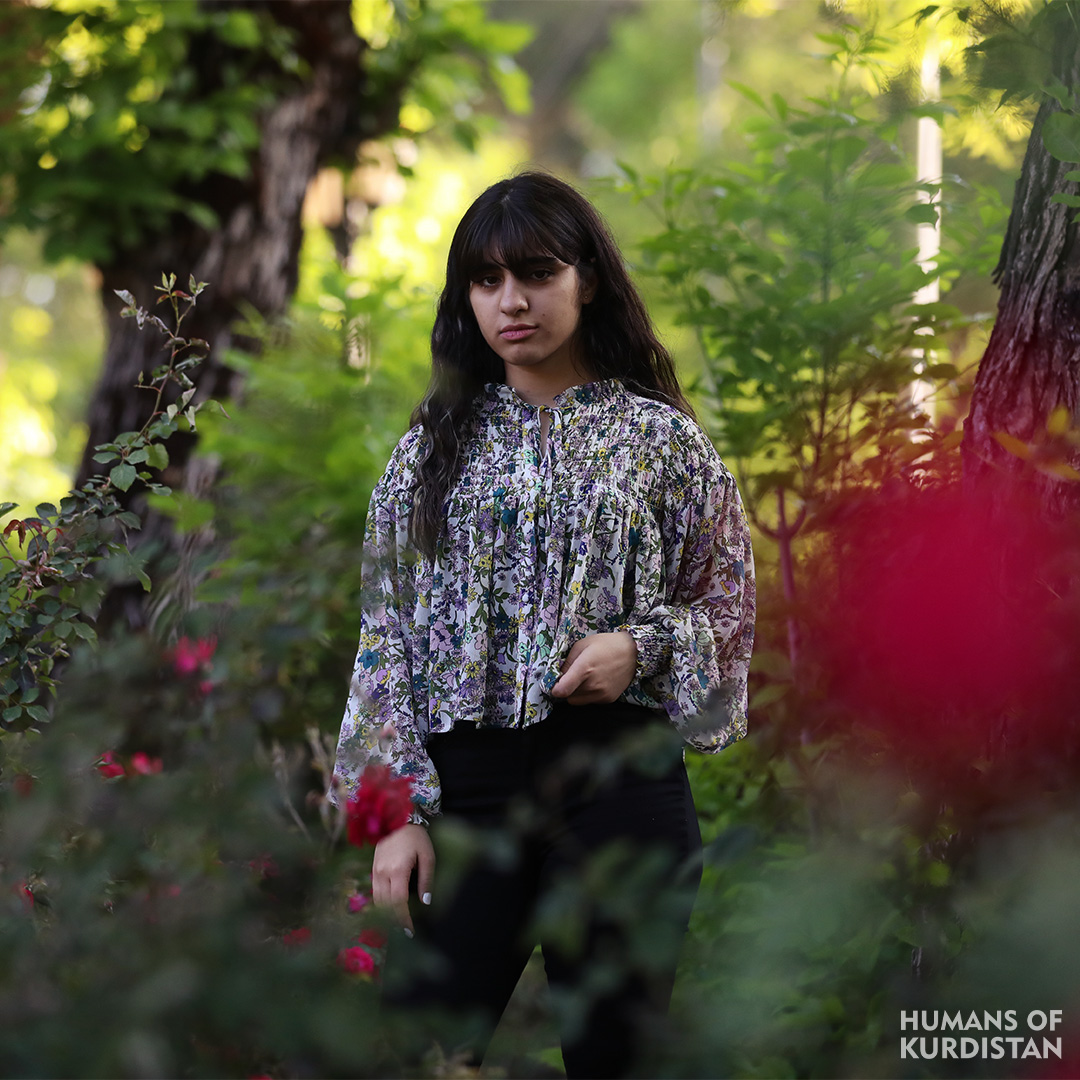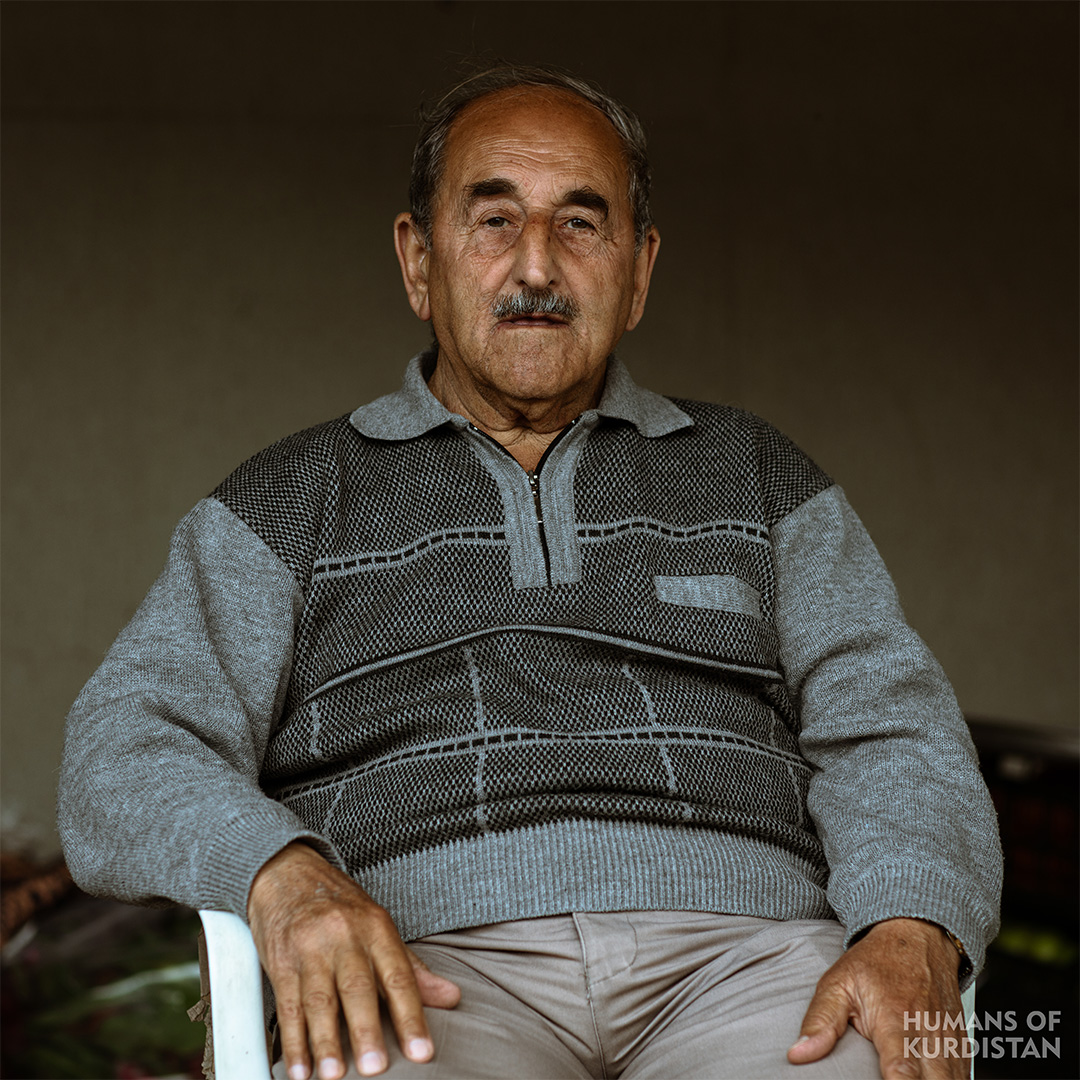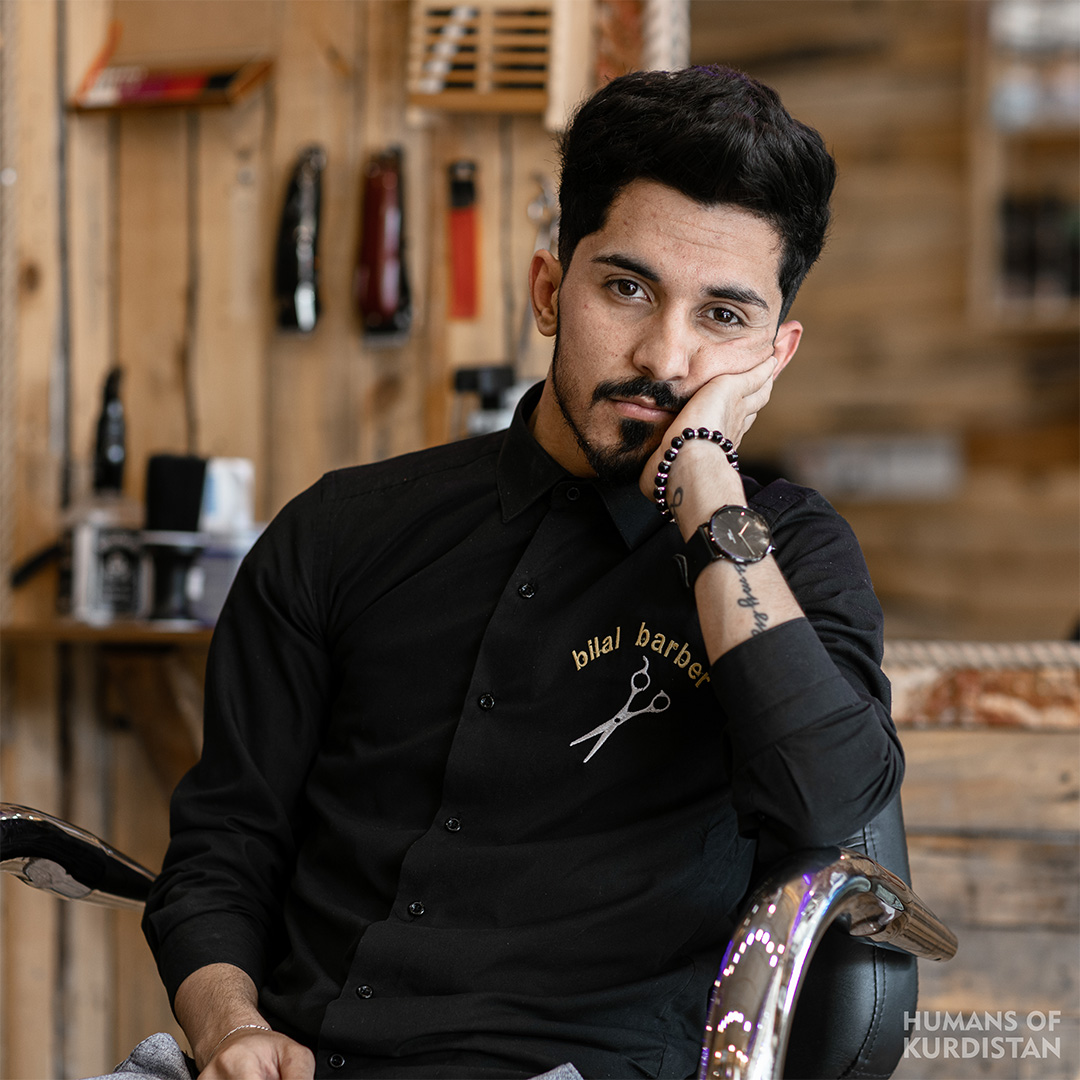May 2, 2020
"Most of us were fugitives in our youth. In 1980 I ran out of the city, after 3 years I was pardoned and returned to the city and went back to my normal life. One day, the Iran attacks started. I decided to take my family and go out of the city. We set out towards Gelara. The day we arrived in the village was Thursday. The next day, people from the village had sacrificed 70 animals. A group of Peshmerga had activities there the night before, they had set an ambush for a Baath traveler. They burned some cars and captured 2 generals and a few soldiers. On the day they were distributing the meat, a leading unit Jeep came. It had a unit commander and some other soldiers. They saw all that meat and asked what are you doing? We said it’s a sacrifice to keep us away from trouble. They said God has sent you the trouble, some Peshmerga are here and you must evacuate the town now. So, we had no choice but to empty the village and went to Barzanja." ...


